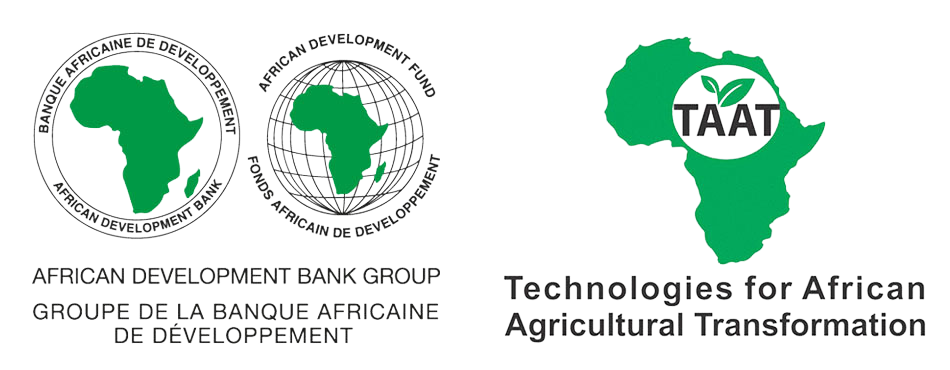

Boost yields, and income with advanced maize.
TEGO is an improved varieties maize technology developed to bolster drought resilience and improve grain output in maize cultivation. Developed through collaborative research efforts, TEGO integrates cutting-edge genetic traits, advanced breeding techniques, and climate-smart agricultural practices to address the pressing challenges posed by erratic rainfall patterns and water scarcity in agricultural landscapes.
This technology is TAAT1 validated.
Positive or neutral impact
Positive or neutral impact
DroughtTEGO technology is innovative technology contributing to climate resilience by mitigating the effects of drought, aligning with SDGs related to poverty reduction, food security, gender equality, and climate action, thus fostering a sustainable and equitable agricultural future.
To integrate DroughtTEGO technology into your project, the following activities and prerequisites can be planned:
Estimation of Seed Requirements: Based on the technology cost and a requirement of maize seed per hectare, estimate the quantity of seeds needed for your project.
Account for delivery costs to the project site, as well as import clearance and duties if relevant, considering that DroughtTEGO® technology is available in multiple countries, including Nigeria and Senegal.
Allocate resources for training sessions conducted by a team of experts to provide guidance on the installation and utilization of DroughtTEGO technology. Additionally, budget for post-training support to ensure effective implementation.
Develop communication materials such as flyers, videos, and radio broadcasts to promote awareness and adoption of DroughtTEGO technology among farmers and stakeholders.
Collaborate with agricultural development institutes, research organizations, and seed multiplication companies to facilitate the dissemination and adoption of DroughtTEGO technology at scale.
Yield increased
Trademark
| Country | Tested | Adopted |
|---|---|---|
| Ethiopia | –Not tested | Adopted |
| Kenya | –Not tested | Adopted |
| Mozambique | –Not tested | Adopted |
| Nigeria | –Not tested | Adopted |
| South Africa | –Not tested | Adopted |
| Tanzania | –Not tested | Adopted |
| Uganda | –Not tested | Adopted |
This technology can be used in the colored agro-ecological zones. Any zones shown in white are not suitable for this technology.
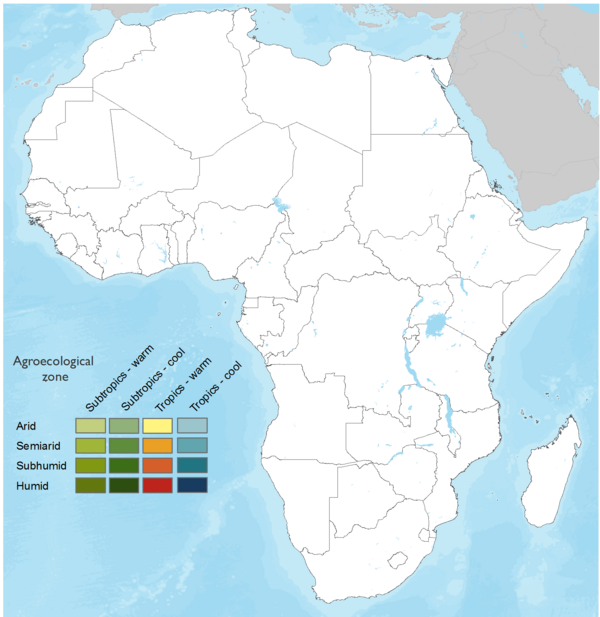
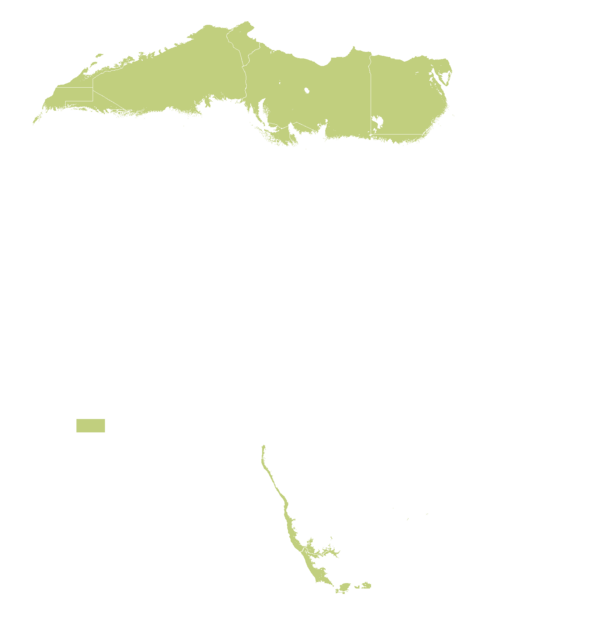

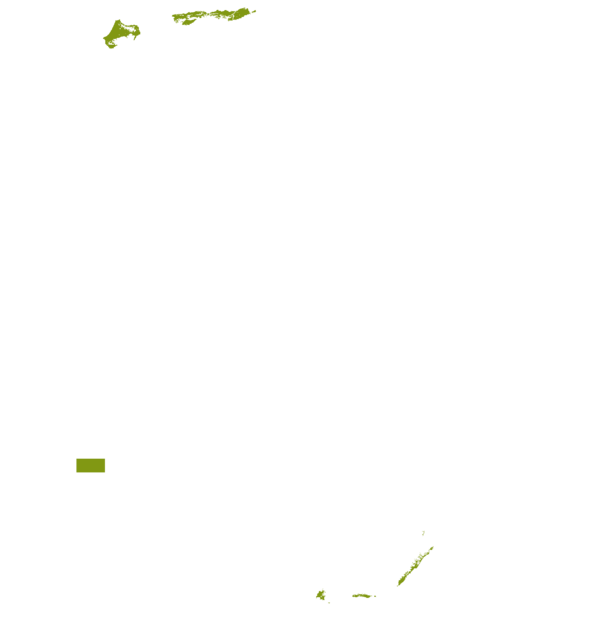


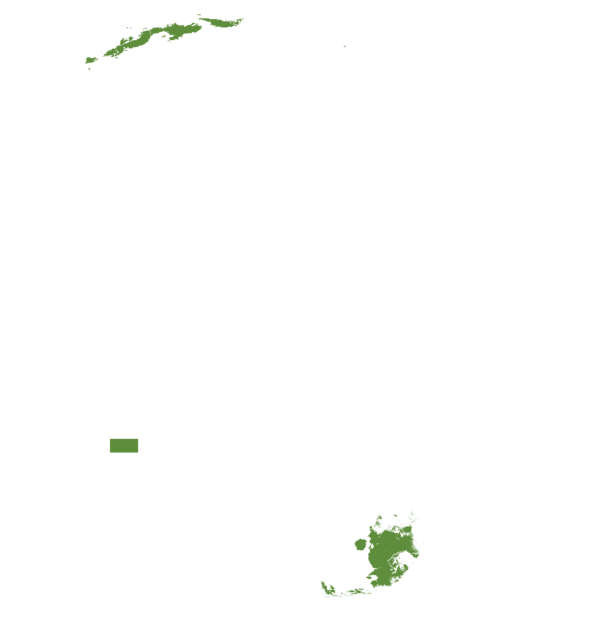
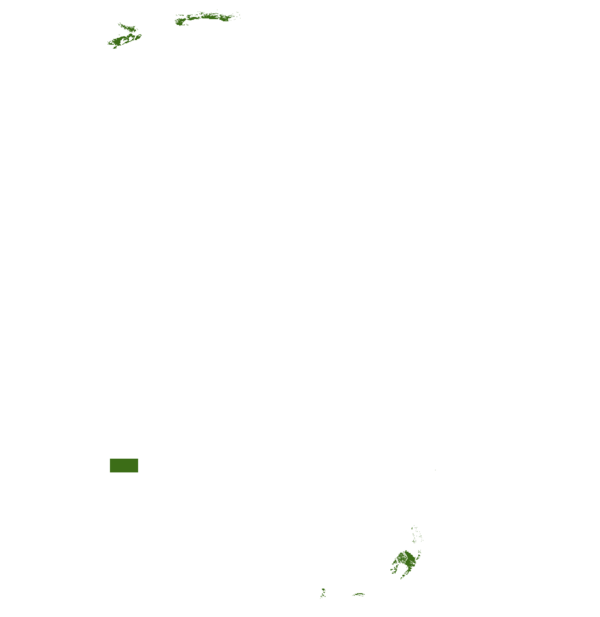

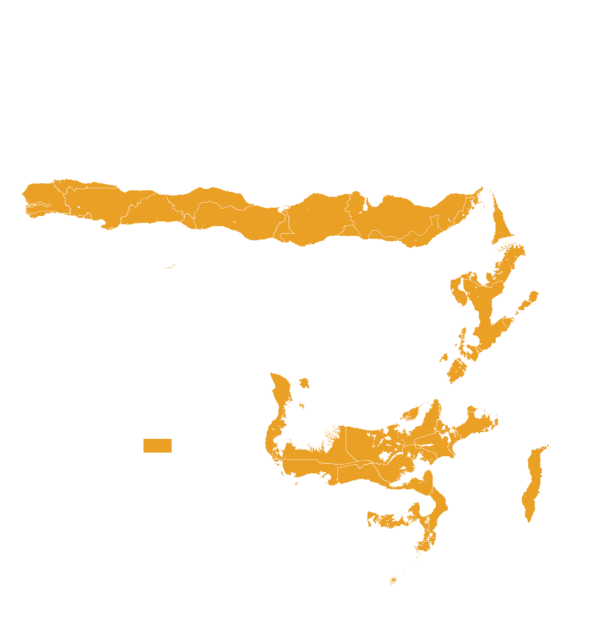
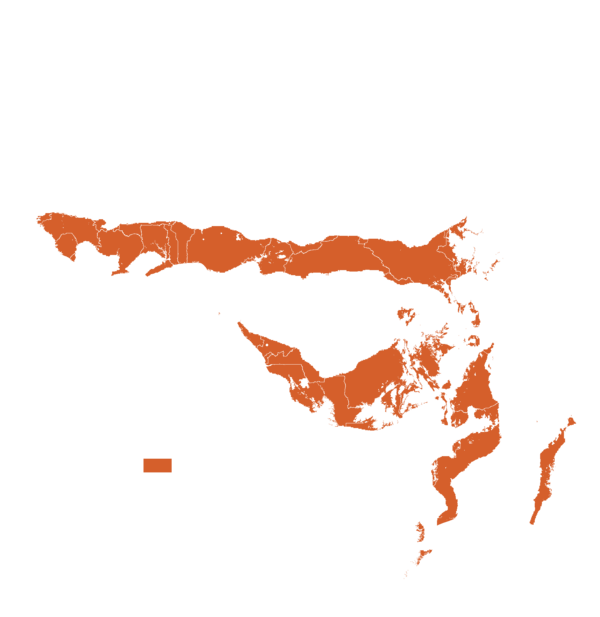

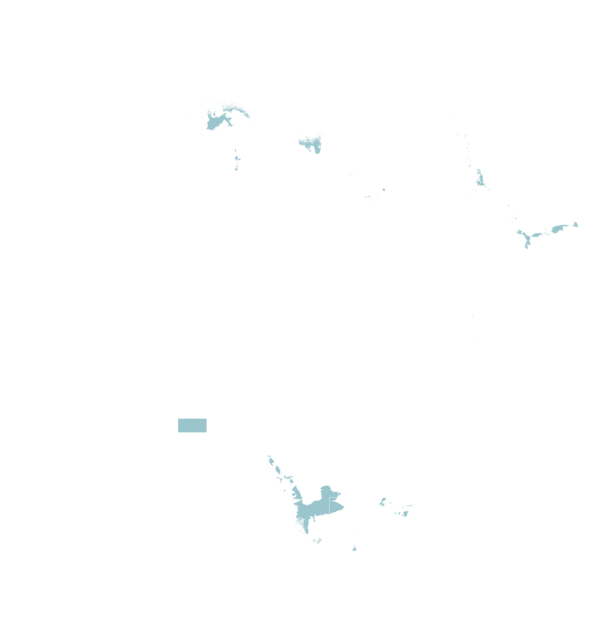

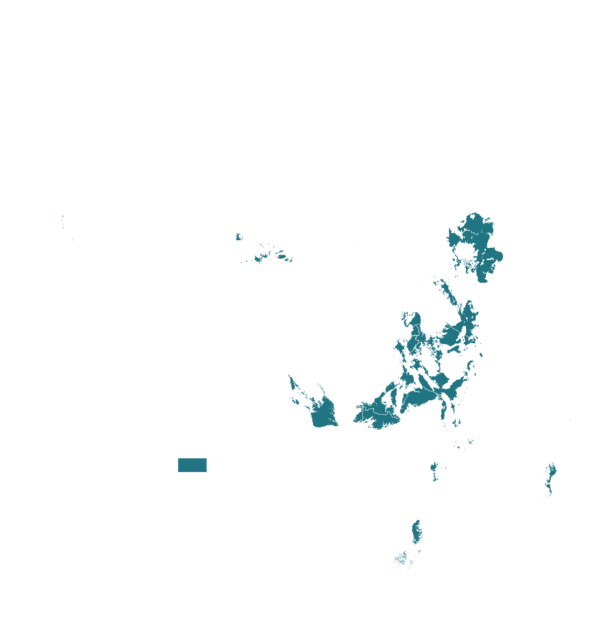
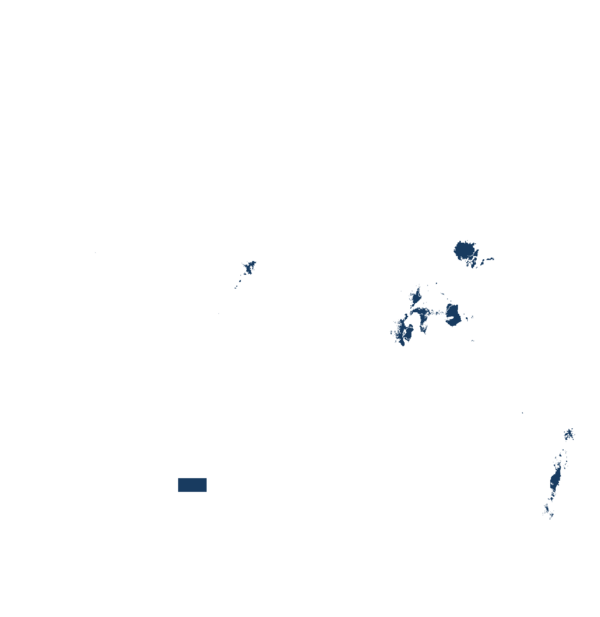
| AEZ | Subtropic - warm | Subtropic - cool | Tropic - warm | Tropic - cool |
|---|---|---|---|---|
| Arid | ||||
| Semiarid | ||||
| Subhumid | ||||
| Humid |
Source: HarvestChoice/IFPRI 2009
The United Nations Sustainable Development Goals that are applicable to this technology.




Licensing Agreement: Establish a clear licensing agreement between public and private entities to outline terms for multiplying and distributing designated maize varieties.
Seed Multiplication: The private entity multiplies selected maize varieties with high germination rates and genetic purity under controlled conditions.
Quality Control: Implement rigorous quality control measures, ensuring genetic purity and high-quality seed production.
Reporting and Monitoring: Provide regular reports on production quantities and sales to maintain transparency and agreement adherence.
Distribution: Distribute certified high-quality seeds through local agro-dealers, ensuring accessibility for a wide range of farmers.
Market Promotion: Strategically market hybrid maize seed to both small-scale and commercial farmers, emphasizing cost-effective production and timely delivery.
Monitoring and Feedback: Establish an ongoing feedback loop between public and private entities to ensure efficient seed multiplication.
Last updated on 22 May 2024